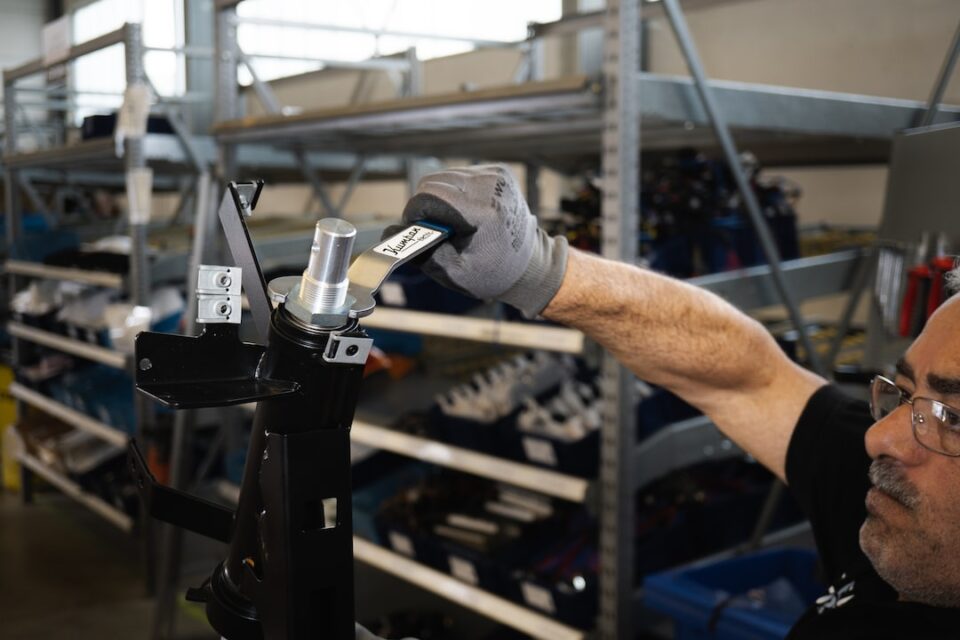The Importance of Quality Control in Manufacturing: Ensuring Product Excellence
Quality control is a critical process in the manufacturing sector that ensures the production of high-quality products. It involves a series of checks, inspections, and tests throughout the manufacturing process to identify defects and deviations from standards. The ultimate goal of quality control is to ensure that the final product meets or exceeds the expectations of customers in terms of durability, performance, and reliability. In this blog post, we will explore the importance of quality control in manufacturing and how it contributes to ensuring product excellence.
First and foremost, quality control plays a fundamental role in meeting customer expectations. Customers have become highly demanding, expecting products that are durable, safe, and reliable. Quality control ensures that each product leaving the manufacturing facility meets these expectations. By conducting rigorous inspections and tests, manufacturers can identify any flaws or defects early in the process and rectify them before the products reach the market. This not only increases customer satisfaction but also strengthens the brand’s reputation for delivering high-quality products.
Secondly, quality control is crucial for cost management in manufacturing. Defective products not only damage a company’s reputation but also lead to financial losses. If a customer finds a defect in a product, the manufacturer may have to deal with warranty claims, repair costs, or even product recalls. These issues can significantly impact a company’s profitability and market standing. By implementing strict quality control measures, manufacturers can minimize the production of defective products and save on unnecessary expenses associated with defects.
Thirdly, quality control is essential for regulatory compliance. Many industries, such as pharmaceuticals, automotive, and aerospace, have strict quality regulations and standards that manufacturers must adhere to. Failure to comply with these regulations can lead to legal consequences, including fines and penalties. Quality control ensures that products meet these regulations, helping companies avoid legal issues and maintain their licenses to operate. It also demonstrates that manufacturers are committed to delivering safe and reliable products to consumers, thus improving their overall brand image.
Moreover, quality control enhances efficiency and productivity in the manufacturing process. By identifying and rectifying defects early on, manufacturers can prevent rework, reducing production time and costs. Quality control allows for continuous improvement in the manufacturing process by identifying areas of improvement and implementing corrective actions. This leads to the optimization of production processes, resulting in enhanced efficiency and increased productivity. Additionally, quality control provides valuable feedback to production teams, enabling them to identify and address any issues or bottlenecks in the manufacturing process, further improving productivity.
Furthermore, quality control helps in maintaining consistency and standardization. It ensures that products are manufactured consistently, meeting predefined standards and specifications. Standardization is crucial for producing interchangeable components and ensuring product compatibility. Consistency in manufacturing processes also allows for better control over material and labor costs, reducing variations and waste. These factors contribute to increased customer satisfaction and loyalty, as customers can rely on consistent product quality.
In conclusion, quality control is an essential process in manufacturing that ensures product excellence. It helps in meeting customer expectations, cost management, regulatory compliance, enhancing efficiency and productivity, and maintaining consistency and standardization. With the increasing competition and customer demands, quality control has become more critical than ever. Manufacturers must invest in robust quality control systems and processes to deliver high-quality products and stay ahead in the market. By doing so, they can not only meet customer expectations but also build a strong reputation for delivering excellence.

